| Description | Our hair purchases are made with the FUE (Follicular Unit Extraction) method. FUE is the process of removing hair islands (follicular unit; FU) one by one without making a linear incision with the help of a micromotor. Within 1-2 weeks after the procedure, visible improvement is completed in the area where the procedure is taken. Daily life can be easily continued.
Our plantings are state-of-the-art as well as the classical canal method. It is done with the DHI method (pencil method), which gives the healthiest and most natural results. | | | The most common cause of breast size is familial factors. In addition, breast enlargement is observed due to weight gain, hormonal disorders, pregnancy, breastfeeding and various breast diseases.
Is breast size an aesthetic problem?
Breast size is a health problem rather than an aesthetic problem. Large breasts put a considerable strain on the neck and back. As a result, patients develop treatment-resistant shoulder and back pain, flattening and deformity in the neck vertebrae. Most patients suffer from shoulder and back pain for years, take physical therapy and have to use a lot of drugs.
When people with large breasts use a bra, collapses and deformities occur on the shoulders, especially where the bra strap passes.
These people have rashes, fungal infections and bad odors that cause serious discomfort, especially in summer, under the breasts and between the nipples.
The size of the breasts causes serious problems in the social life of people, especially in adolescence and young girls.
Women with large breasts have difficulty in finding suitable clothes, have limited arm movements, and even have respiratory distress while lying on their backs and say that they feel as if they are suffocating.
What technique is breast reduction surgery performed with?
In breast reduction surgery, an appropriate amount of breast tissue is left for the person's body and excess breast tissues are removed. The drooping breasts are placed where they should be on the body, ensuring uprightness and recovery.
How many hours does breast reduction surgery take?
Breast reduction surgeries take 2-4 hours depending on the size of the breast.
How many days do I need to stay in the hospital after breast reduction surgery?
After breast reduction surgery, we can usually discharge the patient on the same day. If patients experience discomfort such as nausea, vomiting, dizziness, swelling and pain due to anesthesia, we consider it appropriate to follow these complaints in the hospital until they resolve.
How many days does recovery take after breast reduction surgery?
After breast reduction surgeries, the breasts heal in about 10 days.
When can one return to social and business life after breast reduction surgery?
After breast reduction surgery, people can return to their normal social lives in about 1 week. We recommend that they start heavy sports activities after about 1 month. If they have a job where they do not exert excessive physical effort, they can return to business life after 1 week. We recommend patients who have a job that requires physical activity to wait 2-3 weeks. | | |
| Content | Hair loss, which is one of the biggest problems of today, has become a problem that women encounter more frequently than men. Yaşam Hospital hair transplantation department is a center that follows world standards in hair transplantation and works with professional experienced staff in this field. It follows the scientific developments related to hair transplantation and serves its patients with the latest technology. Our center is a full-fledged hospital, and our procedures are carried out in a sterile environment with care for you and your health. |
Vaginoplasty
Vaginoplasty is a procedure to repair the vagina. It treats a variety of medical issues, including vaginal enlargements from childbirth and complications of pelvic floor disease.
What is done during vaginoplasty?
The details of the procedure vary depending on your goals and medical needs. The vagina is reconstructed using various surgical techniques.
Who needs vaginoplasty?
- - Those seeking removal of postpartum enlargement or trauma damage to improve sexual function.
- - Women who need vaginal reconstruction after vaginal exposure to radiation or excision to treat cancer or other conditions.
- - Women who have congenital abnormalities (problems from birth) that affect the development of the vagina.
What is the difference between vaginoplasty and other vaginal operations?
- Vaginoplasty is a surgical procedure to improve the appearance or function of the vagina.Other vaginal procedures:
- - Labiaplasty operation that equalizes or shrinks the labia.
- - A vulvoplasty operation that reshapes the outer part of the vagina.
What is done before vaginoplasty?
- Before the surgery decision, your doctor will perform your physical examination to evaluate your suitability for the operation. During this physical examination, you are expected to provide information about your medical history and general health status.Your doctor will inform you about the risks, benefits and post-operative care requirements of the operation. Listening to your doctor's suggestions and recommendations will reduce the risk of complications.
What is the content of the procedure in women with postpartum deformation?
- In operations performed to correct deformations occurring during childbirth
- - Excess skin is removed,
- - Distorted anatomical lines are repaired,
- - It is ensured that the vaginal opening is reduced.
What is the content of vaginoplasty to repair congenital (birth) defects?
-
- - A functional vagina can be created.
- - Excess tissue or abnormal structures are removed.
- - The structures that cause blood to accumulate in the vagina during menstruation are repaired.
Risks / Benefits
-
- Possible risks of vaginoplasty surgery:
- - Dyspareunia (painful intercourse).
- - It can be summarized as numbness or loss of sensation (usually temporary).
In contrast, the benefits after surgery are:
- - There will be increased sexual satisfaction and self-confidence.
What is the recovery process like after vaginoplasty?
-
- Recovery can take from a few weeks to several months, depending on the extent of the surgery. Your doctor and team will provide you with all the necessary information about post-operative care after vaginoplasty.
How are the controls planned after vaginoplasty?
-
- Keeping in touch with your doctor after the surgery and not interrupting your controls will speed up your recovery process and minimize the risk of complications.
|
What is neural therapy?
Neural therapy is a regulation treatment performed by administering local anesthetics to certain parts of the body.
What is the neural therapy mechanism of action?
Neural therapy application is based on the regulation of our spontaneous (autonomous) nervous system. The drug used is not cortisone. It is one of the drugs called local anesthetics, which dentists also use to numb the teeth. These drugs are used by diluting them with liquids called physiological saline.
Who is neural therapy applied to?
Neural therapy can be applied to patients of all ages. Diseases such as blood pressure, diabetes, heart disease do not prevent treatment. Care should be taken in deep injections in patients who only use blood thinners.
What ailments is neural therapy good for?
- - Headaches
- - Regional Musculoskeletal Pain
- - Fibromyalgia Syndrome
- - Chronic Pelvic Pain
- - Waist-Neck-Back Pain And Hernias
- - Spinal Calcifications
- - Chronic İnflammations
- - Carpal Tunnel Syndrome
- - Chronic Pain İn The Elbows
- - Knee And Shoulder Pain
- - Tendinitis
- - Sports İnjuries
are the main ailments that can benefit from the application.
Who is neural therapy not applied to?
Neural therapy is not applied in patients with known local anesthetic allergies, cancer patients and pregnant women.
Is neural therapy application painful?
The most commonly used technique for neural therapy is intradermal and subcutaneous applications with mesotherapy needles. Slight pain may be felt during the application, but since the drug given is a local anesthetic, the pain disappears immediately. Persistent and long-term unbearable pain does not occur.
How many sessions of neural therapy are done?
Although it varies according to the patient, treatment is started once or twice a week in the beginning. Follow-up applications are usually done once a week. It is necessary to put at least 48-72 hours between sessions. The total session is related to the patient’s condition. Usually, 6 sessions are sufficient.
Doctor’s Note:
Neural therapy, which has a wide area of use and does not have any serious side effects, is a safe form of treatment for the mentioned diseases that can be answered in a short time. | Breast reduction surgery is an operation performed to bring the breasts that are larger than the person's body to normal sizes. |
MEN OVER 40 LARGE SCREENING PACKAGE
|
| LABORATORY ANALYSIS
|
| Glucose |
To determine whether or not your blood glucose level is within normal ranges; to screen for, diagnose, and monitor diabetes, and to monitor for the presence of hypoglycaemia (low blood glucose) and hyperglycaemia (high blood glucose) |
| HbA1c |
To monitor average blood glucose levels over a 3 month period. Used to help diagnose and monitor people with diabetes |
| Urea (Bun) |
To measure how much of waste product you have in your blood. It is used to determine how well your kidneys are working |
| Creatinine |
To assess kidney functions |
| Uric Acid |
To diagnose kidney disorder,diagnose and monitor people with gout, monitor kidney function |
| Complete Urinalysis Test |
To look for metabolic and/or kidney disorders and for urinary tract infections |
| Total Cholesterol |
To screen for risk of developing cardiovascular disease (heart disease, stroke and related diseases); to monitor treatment |
| LDL Cholesterol |
| HDL Cholesterol |
| Triglycerides |
| AST (SGOT) |
To diagnose liver, bile duct and heart diseases |
| ALT (SGPT) |
| GGT |
To screen for liver disease or alcohol abuse; and to help your doctor tell whether a raised concentration of alkaline phosphatase (ALP) in the bloodstream is due to liver or bone disease |
| ALP |
To screen for or monitor treatment for liver or bone disorder |
| Sodium |
To investigate causes of dehydration, oedema, problems with blood pressure, or non-specific symptoms |
| Potassium |
To help diagnose and determine the cause of an electrolyte imbalance; to monitor treatment for illnesses that can cause abnormal potassium levels in the body |
| Chloride |
To determine if there is a problem with your body’s acid-alkali (pH) balance and to monitor treatment |
| Calcium |
To scan, diagnose, and monitor a range of conditions relating to the bones, heart, nerves, kidneys, and teeth |
| Phosphate |
To help in the diagnosis of conditions known to cause abnormally high or low levels |
| Amylase |
To diagnose pancreatitis or other pancreatic diseases |
| Lipase |
To diagnose and monitor pancreatitis or other pancreatic disease |
| Magnesium |
To measure the concentration of magnesium in your blood and to help determine the cause of abnormal calcium and/or potassium levels |
| C-Reactive Protein (CRP) |
To identify the presence of inflammation, to determine its severity, and to monitor response to treatment |
| 25 Hydroxy Vitamin D |
To investigate a problem related to bone metabolism or parathyroid function, possible vitamin D deficiency, malabsorption, before commencing specific bone treatment and to monitor some patients taking vitamin D |
| Blood Count Haemogram |
Haemogram serves as broad screening panel that checks for the presence of any diseases and infections in the body |
| Erythrocyte Sedimentation Rate
(ESR) |
To detect and monitor the activity of inflammation as an aid in the diagnosis of the underlying cause |
| Ferritine |
To help assess the levels of iron stored in your body |
| Vitamin B12 |
To help diagnose the cause of anaemia or neuropathy (nerve damage), to evaluate nutritional status in some patients, to monitor effectiveness of treatment of B12 or folate deficiency |
| Free T3 |
To help diagnose hyperthyroidism and monitor it's treatment |
| Free T4 |
To diagnose hypothyroidism or hyperthyroidism in adults and to monitor response to treatment |
| TSH |
To screen for and diagnose thyroid disorders; to monitor treatment of hypothyroidism and hyperthyroidism |
| Beta hCG |
To confirm and monitor pregnancy or to diagnose trophoblastic disease or germ cell tumours |
| HBsAg |
To detect, diagnose and follow the course of an infection with hepatitis B virus (HBV) or to determine if the vaccine against hepatitis B has produced the desired level of immunity |
| Anti HBs |
| Anti HCV |
To screen for and diagnose hepatitis C virus infection and to monitor treatment of the infection |
| Anti HIV |
To determine if you are infected with human immunodeficiency virus (HIV) |
| CEA |
In the presence of certain cancers, CEA may be used to monitor the effect of treatment and recurrence of disease |
| CA 19-9 |
To help tell the difference between cancer of the pancreas and bile ducts and other conditions; to monitor response to pancreatic cancer treatment and to watch for recurrence |
| AFP |
To screen for and monitor therapy for certain cancers of the liver and testes |
| Total PSA |
To help detect and to monitor prostate cancer |
| Free PSA |
| Fecal Direct Parasite Search
(Ova & Parasite Exam) |
To determine whether you have a parasite infecting your digestive tract |
| Fecal Occult Blood Test |
To screen for bleeding from the gut/intestine, which may be an indicator of bowel cancer |
| Abdominal Ultrasound |
To identify diseases at organs in the abdomen, including the liver, gallbladder, spleen, pancreas, and kidneys |
| Thyroid Ultrasound |
To characterize a thyroid nodule(s), i.e. to measure the dimensions accurately and to identify internal structure and vascularization |
| Carotid Ultrasound |
To detect narrowing, or stenosis, of the carotid artery, a condition that substantially increases the risk of stroke |
| Echocardiogram |
To evaluate how your heart moves, heart valves are working and heart’s pumping strength |
| Electrocardiogram |
To measure the electrical activity of the heartbeat and hearth rhythm |
| Exercise Stress Test |
To determine how well your hearth handles work. The test can show if the blood supply is reduced in the arteries that supply the heart |
| Pulmonary Function Test |
To tests that measure how well your lungs work. |
| Chest X-Ray |
The most commonly preferred diagnostic examination to produce images of heart, lungs, airways, blood vessels and the bones of the spine and chest |
| EXAMINATIONS |
| Internal Medicine Examination |
General physical examination, evaluation of the results and recommendations |
| Cardiology Examination |
| Ophtalmology Examination |
| Pulmonology Examination |
| Urology Examination |
| General Surgery Examination |
| Dermatology Examination |
|
| MEN UNDER 40 LARGE SCREENING PACKAGE |
| Glucose |
To determine whether or not your blood glucose level is within normal ranges; to screen for, diagnose, and monitor diabetes, and to monitor for the presence of hypoglycaemia (low blood glucose) and hyperglycaemia (high blood glucose) |
| HbA1c |
To monitor average blood glucose levels over a 3 month period. Used to help diagnose and monitor people with diabetes |
| Urea (Bun) |
To measure how much of waste product you have in your blood. It is used to determine how well your kidneys are working |
| Creatinine |
To assess kidney functions |
| Uric Acid |
To diagnose kidney disorder,diagnose and monitor people with gout, monitor kidney function |
| Complete Urinalysis Test |
To look for metabolic and/or kidney disorders and for urinary tract infections |
| Total Cholesterol |
To screen for risk of developing cardiovascular disease (heart disease, stroke and related diseases); to monitor treatment |
| LDL Cholesterol |
| HDL Cholesterol |
| Triglycerides |
| AST (SGOT) |
To diagnose liver, bile duct and heart diseases |
| ALT (SGPT) |
| GGT |
To screen for liver disease or alcohol abuse; and to help your doctor tell whether a raised concentration of alkaline phosphatase (ALP) in the bloodstream is due to liver or bone disease |
| ALP |
To screen for or monitor treatment for liver or bone disorder |
| Sodium |
To investigate causes of dehydration, oedema, problems with blood pressure, or non-specific symptoms |
| Potassium |
To help diagnose and determine the cause of an electrolyte imbalance; to monitor treatment for illnesses that can cause abnormal potassium levels in the body |
| Chloride |
To determine if there is a problem with your body’s acid-alkali (pH) balance and to monitor treatment |
| Calcium |
To scan, diagnose, and monitor a range of conditions relating to the bones, heart, nerves, kidneys, and teeth. |
| Phosphate |
To help in the diagnosis of conditions known to cause abnormally high or low levels |
| Amylase |
To diagnose pancreatitis or other pancreatic diseases |
| Lipase |
To diagnose and monitor pancreatitis or other pancreatic disease |
| Magnesium |
To measure the concentration of magnesium in your blood and to help determine the cause of abnormal calcium and/or potassium levels |
| C-Reactive Protein (CRP) |
To identify the presence of inflammation, to determine its severity, and to monitor response to treatment |
| 25 Hydroxy Vitamin D |
To investigate a problem related to bone metabolism or parathyroid function, possible vitamin D deficiency, malabsorption, before commencing specific bone treatment and to monitor some patients taking vitamin D |
| Blood Count Haemogram |
Haemogram serves as broad screening panel that checks for the presence of any diseases and infections in the body |
| Erythrocyte Sedimentation Rate
(ESR) |
To detect and monitor the activity of inflammation as an aid in the diagnosis of the underlying cause |
| Ferritine |
To help assess the levels of iron stored in your body |
| Vitamin B12 |
To help diagnose the cause of anaemia or neuropathy (nerve damage), to evaluate nutritional status in some patients, to monitor effectiveness of treatment of B12 or folate deficiency |
| Free T3 |
To help diagnose hyperthyroidism and monitor it's treatment |
| Free T4 |
To diagnose hypothyroidism or hyperthyroidism in adults and to monitor response to treatment |
| TSH |
To screen for and diagnose thyroid disorders; to monitor treatment of hypothyroidism and hyperthyroidism |
| HBsAg |
To detect, diagnose and follow the course of an infection with hepatitis B virus (HBV) or to determine if the vaccine against hepatitis B has produced the desired level of immunity |
| Anti HBs |
| Anti HCV |
To screen for and diagnose hepatitis C virus infection and to monitor treatment of the infection |
| Anti HIV |
To determine if you are infected with human immunodeficiency virus (HIV) |
| Fecal Occult Blood Test |
To screen for bleeding from the gut/intestine, which may be an indicator of bowel cancer |
| OTHER ANALYSIS |
| Abdominal Ultrasound |
To identify diseases at organs in the abdomen, including the liver, gallbladder, spleen, pancreas, and kidneys |
| Thyroid Ultrasound |
To characterize a thyroid nodule(s), i.e. to measure the dimensions accurately and to identify internal structure and vascularization |
| Echocardiogram |
To evaluate how your heart moves, heart valves are working and heart’s pumping strength |
| Electrocardiogram |
To measure the electrical activity of the heartbeat and hearth rhythm |
| Exercise Stress Test |
To determine how well your hearth handles work. The test can show if the blood supply is reduced in the arteries that supply the heart |
| Pulmonary Function Test |
To tests that measure how well your lungs work. |
| Chest X-Ray |
The most commonly preferred diagnostic examination to produce images of heart, lungs, airways, blood vessels and the bones of the spine and chest |
| EXAMINATIONS |
| Internal Medicine Examination |
General physical examination, evaluation of the results and recommendations |
| Cardiology Examination |
| Ophtalmology Examination |
| Pulmonology Examination |
| Urology Examination |
| General Surgery Examination |
| Dermatology Examination |
|
| Additional information | |
| Select Hospital |
Antalya Yaşam Hospital, Kemer Yaşam Hospital, ASV Yaşam Hospital, Opera Yaşam Hospital, Alanya Yaşam Hospital, Manavgat Yaşam Hospital
|
|
| Select Hospital |
Antalya Yaşam Hospital, Kemer Yaşam Hospital, ASV Yaşam Hospital, Opera Yaşam Hospital, Alanya Yaşam Hospital, Manavgat Yaşam Hospital
|
| |
| Select Hospital |
Antalya Yaşam Hospital, Kemer Yaşam Hospital, ASV Yaşam Hospital, Opera Yaşam Hospital, Alanya Yaşam Hospital, Manavgat Yaşam Hospital
|
|
| Select Hospital |
Antalya Yaşam Hospital, Kemer Yaşam Hospital, ASV Yaşam Hospital, Opera Yaşam Hospital, Alanya Yaşam Hospital, Manavgat Yaşam Hospital
|
|
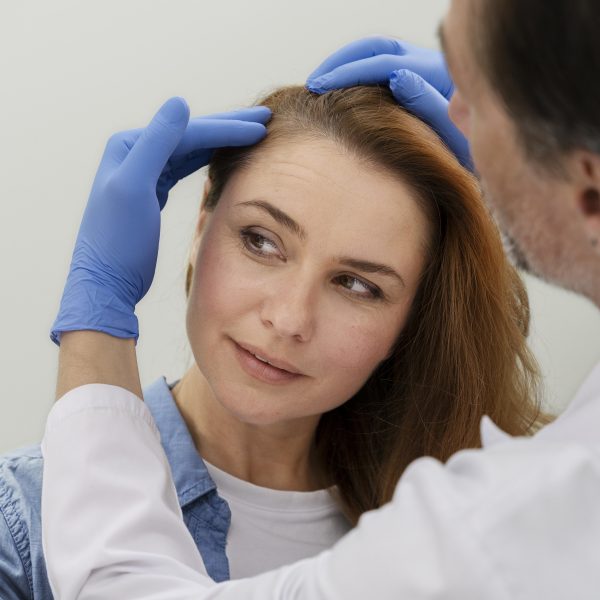

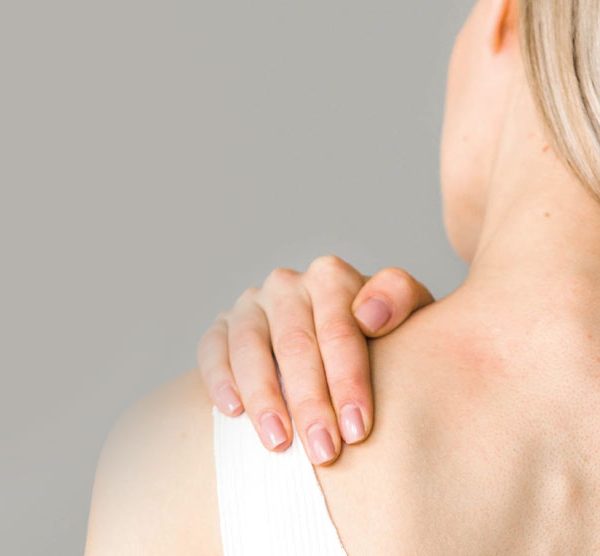
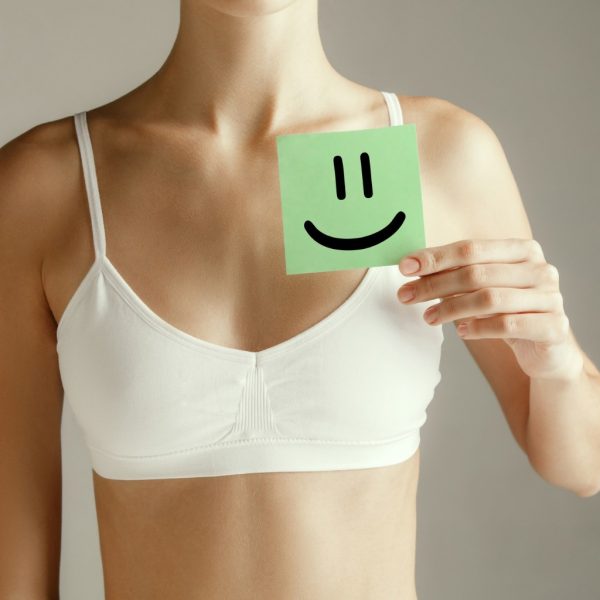
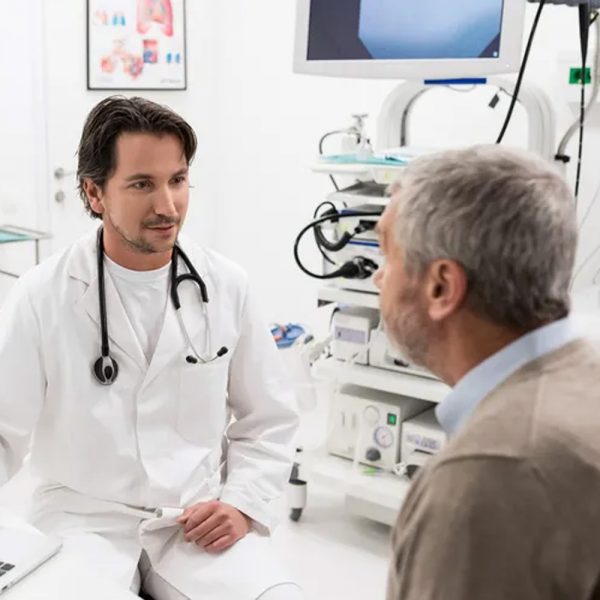
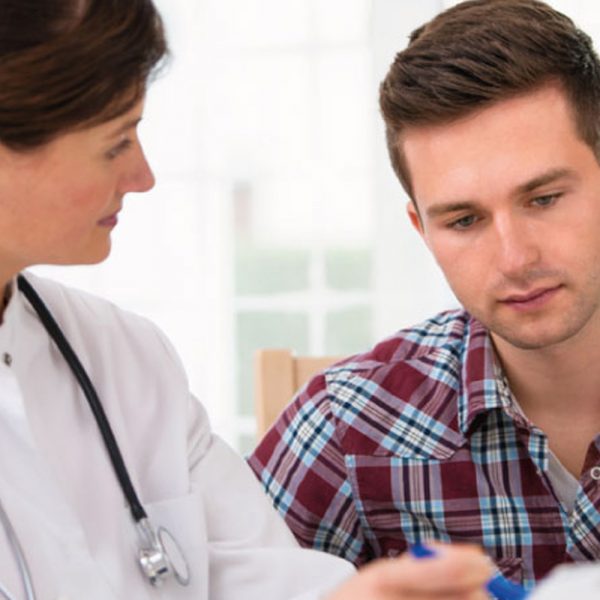

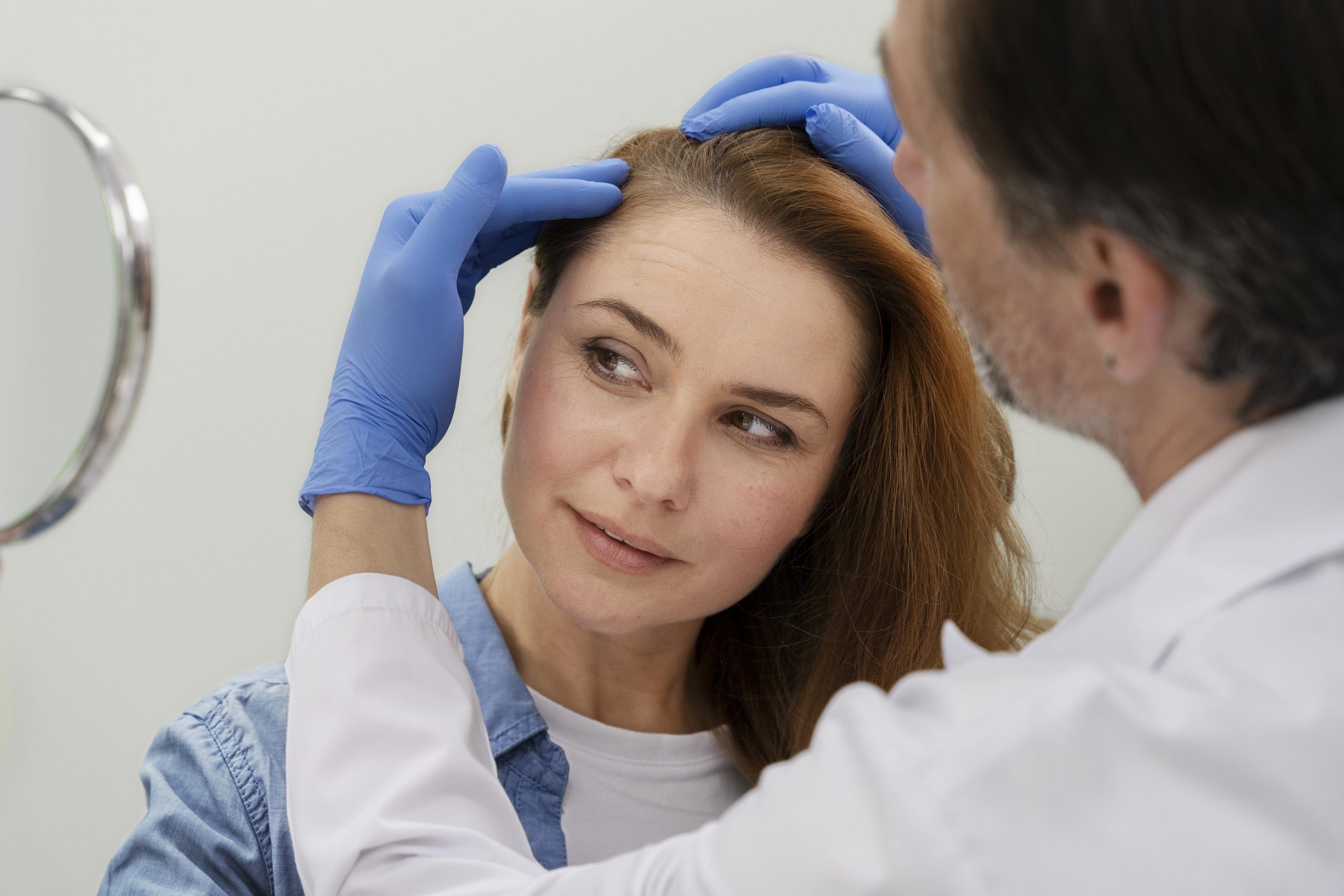
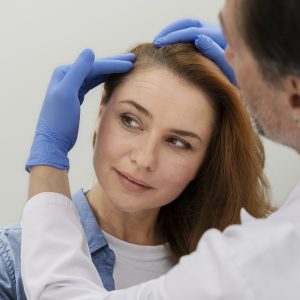
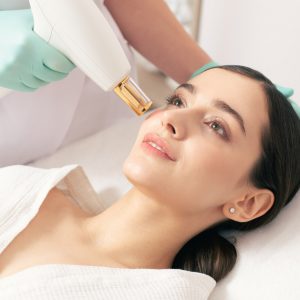
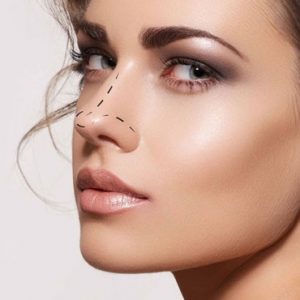
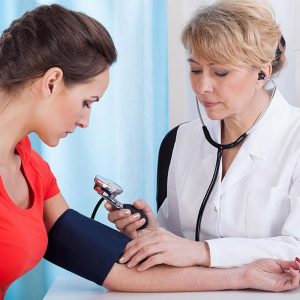
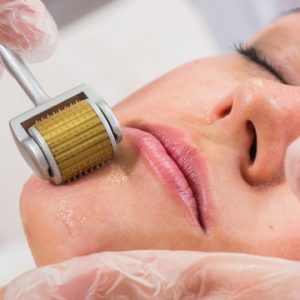
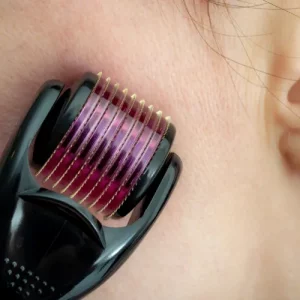

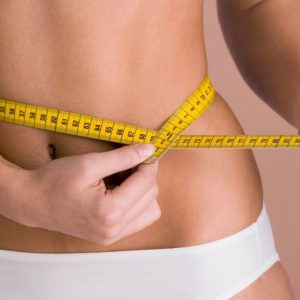
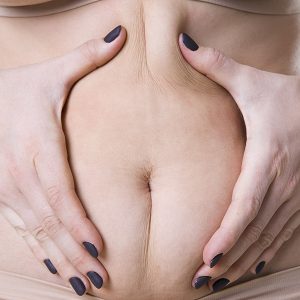
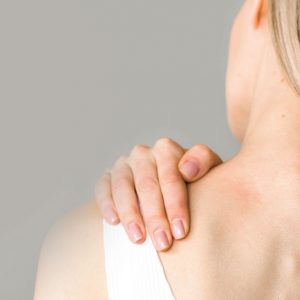


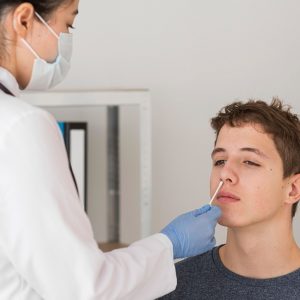
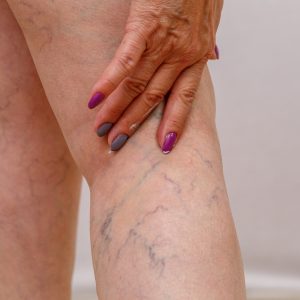
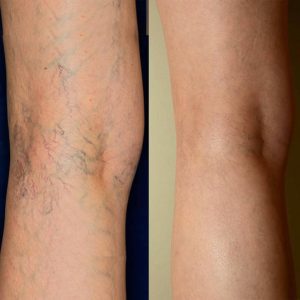

Reviews
There are no reviews yet.